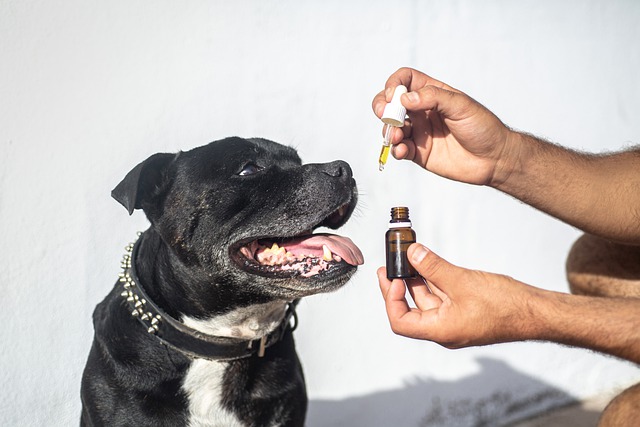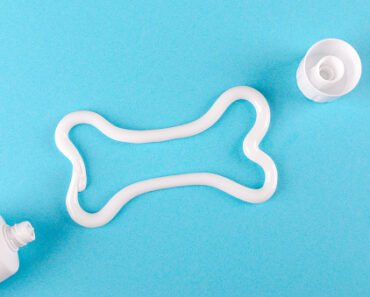
Rich in essential fatty acids, oils provide the dog with all the omegas, vitamins and minerals necessary for his body. But not all oils are the same. Between vegetable oils and fish oils, it is advisable to choose the most suitable for your dog.
Why give oil to your dog?
The dog’s body is not capable of producing the omega 3 and omega 5 fatty acids essential for his health, so it is important to give him food supplements made of vegetable or fish oils with a high omega content.
Oils contain essential fatty acids, especially omega 6 and 3, minerals, calcium, vitamins and trace elements necessary for the proper functioning of the dog’s body.
Oil and dog health: what are the benefits?
They have an anti-aggregating, anti-inflammatory and vasodilating role. It is essential to balance the oil intake in the dog’s diet. They also provide the dog with fatty acids that are not naturally synthesized by his body.
Some people wonder why dogs need an omega-3 supplement when wild dogs in nature are not supplemented with oil. One explanation is that the meat we serve often has a very low content of omega-3 fatty acids as a result of the poor quality of the food absorbed by fattened meat animals.
Meat from free-range animals contains up to 20 times more omega-3 than that of fattened animals. This omega-3 content is even higher in game.
Vegetable oils to be fed to the dog
Rapeseed and soybean oil
The most interesting oils for dogs are rapeseed and soybean oil, as they have the advantage of having a good level of omega 6 and omega 3 and a large number of essential fatty acids.
Walnut oil
Walnut oil is also very good from this point of view, but it is quite expensive and its strong taste may displease some dogs.
Fish oils to give to the dog
Choose an oil that does not contain farmed fish.
If you choose fish oil for your dog, make sure it is not from farmed fish that are often heavily treated with antibiotics and contain less EPA and DHA than cold sea fish.
Prefer cold-water fish oils for dogs
Cold water fish oils (salmon, mackerel, herring…) are among the most interesting sources of omega 3 for dogs. Their effect is generally spectacular on the coat, which becomes shiny and full of vigour.
Effective against certain pathologies of the dog
Some dogs should receive a diet enriched with omega 3 in the form of fish oil, especially when they have dermatological problems, cancer, diabetes or neurological problems.
Cod liver oil for dogs
Rich in vitamin A and omega 3, cod liver oil is indicated for all small dietary changes in dogs.
Oils for dogs are packaged in bottles or capsules.
- The capsules
They should be swallowed as is or opened and poured over the dog’s meal just before serving. - Small bottles
Much easier to make the dog ingest it by mixing it with his usual bowl.
Incorporate oil into the dog’s diet
Oils are dietary supplements that must be incorporated unheated so as not to destroy the fatty acids. Keep them away from heat, light and air. All dogs can have a diet enriched with oil.
How much oil should I give my dog?
The recommendations are one teaspoon of oil per day per 10kg of weight in the dog. This dose can be multiplied by two in a pregnant female.
In the case of certain pathologies, the dose of fatty acids can be much higher, this is the case of chronic kidney failure in cats, osteoarthritis in dogs and certain heart problems. Do not hesitate to discuss this with your veterinarian.
Signs of a dog with a fatty acid deficiency
The first signs of fatty acid deficiency in dogs are a bad coat and signs of itching. Omega-3 supplementation with oils is often enough to remedy this.
Frequently Asked Questions
Which oil is good for dogs?
The most interesting oils for dogs are rapeseed oil and soybean oil, because they have the advantage of having a good level of omega 6 and omega 3 and a large number of essential fatty acids. Walnut oil is also very good from this point of view, but it is quite expensive and its strong taste may be unpleasant for some dogs.






